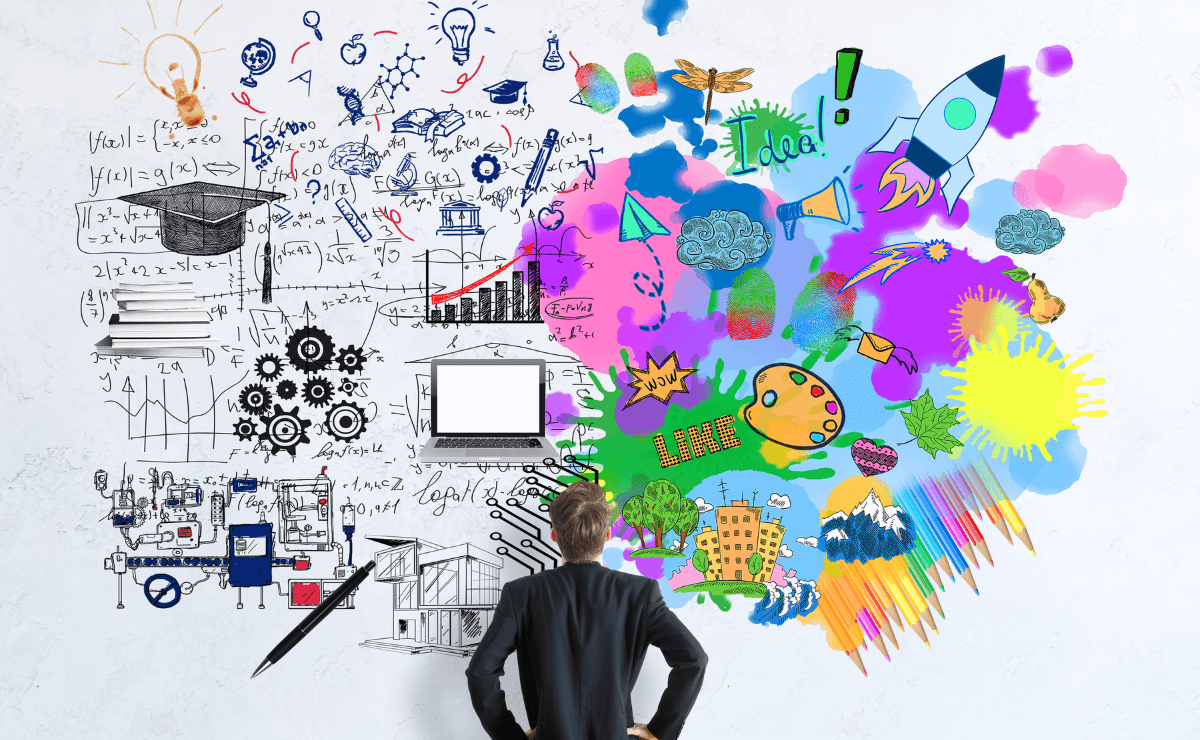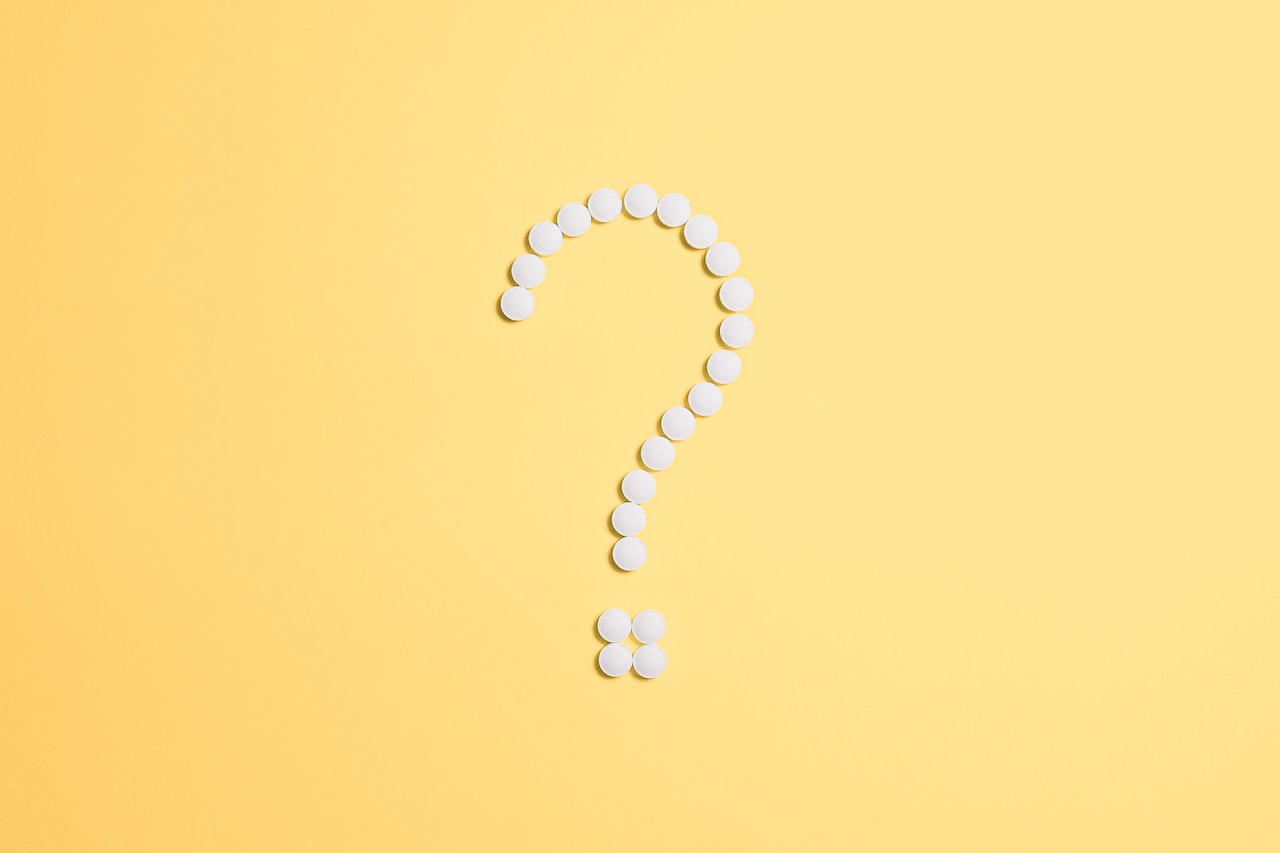Disclaimer: you should always talk to your physician or pharmacist before trying anything new that may affect your health (substances, medication). This guide is simply for reference, and is NOT intended to be a substitution for professional medical advice. Additionally, please note that this article was written from the perspective of a USA citizen. Check with your local cannabis laws for more information on CBD products in your area.
So, CBD is having a moment.
It's on Instagram ads, I hear it on podcasts... even my local grocery store sells CBD products! But what the heck is CBD? And can it treat or help with ADHD symptoms?
This CBD and ADHD guide is here to give you the scoop.
Looking for something else? Here's a newer article we've published about cannabis and ADHD.
Everything you need to know about CBD and ADHD
What does CBD stand for?
CBD stands for cannabidiol, an active ingredient in the marijuana plant. It's typically made from hemp, a non-intoxicating variety of cannabis.
Unlike the main active ingredient in cannabis, THC (tetrahydrocannabinol), CBD is non-psychoactive, which means it doesn't get you high. It’s also known for treating pain and anxiety.
How do you take CBD?
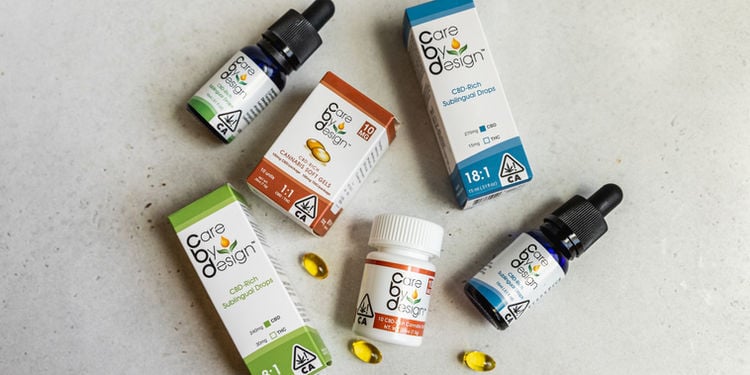
Cannabidiol oil is available in a variety of forms:
- Ingestion: eating products containing CBD oil, such as gummies, candies, or tinctures
- Sublingual: putting the oil underneath your tongue
- Inhalation: smoking hemp or marijuana with high CBD content
- Topical: applying CBD lotions to your skin
Understanding ratios
If and when you decide to purchase CBD, make sure you know exactly what you’re buying.
Some CBD products also contain THC, which means it can have psychoactive effects. As a general rule, cannabis products with a ratio on their packaging (1:1, 20:1, etc.) contain both compounds.
The first number is CBD, and the second is THC.
So, a 1:1 ratio means the product contains equal amounts of THC and CBD.
CBD and ADHD
How does CBD affect ADHD symptoms?
Much of the medically-reviewed research covers general marijuana use, and not cannabidiol specifically.
A 2017 clinical data review published in Cannabis and Cannabinoid Research found promising positive effects of the compound.1 It confirmed that cannabidiol is safe, with fewer adverse side effects than comparable medications.
Another study compared the executive functioning of neurotypical adults versus those with ADHD who had or had not recently used cannabis.2 (Keep in mind that this study was about general cannabis, and didn't specifically look at CBD by itself.)
While ADHDers scored lower on executive functioning than those without ADHD (obviously), cannabis did not have a significant effect on that functioning.
Does cannabis make ADHD symptoms worse?
While the data can’t speak for everyone, the 2014 study mentioned above did answer this question with a resounding "no".
However, researchers found that early cannabis use (before age 16) reduces the capacity for executive functioning, but more research is needed in order to determine specifics.
So, does cannabis improve ADHD symptoms?
Now, hold on — I didn’t say that! Let’s look at another study that was inspired by ADHDers who self-medicate with cannabis. Researchers investigated possible benefits of cannabis for ADHD and published their findings in European Neuropsychopharmacology.3
Again, this study wasn't CBD-specific, but instead investigated general cannabis use. The results ranged from positive to neutral. ADHDers using cannabis scored slightly better on cognitive performance and activity levels than the placebo group.
Participants also demonstrated small but promising improvements in:
- Impulsive behaviors
- Hyperactivity
- Inattention
Research estimates that 25-50% of ADHDers have an anxiety disorder; lucky for us, there's some evidence that cannabidiol can relieve anxiety.
Some people with ADHD praise CBD for its ability to calm their racing anxious minds, which allows them to relax and focus.
You can find resources on using CBD for anxiety relief here and here.
CBD side effects
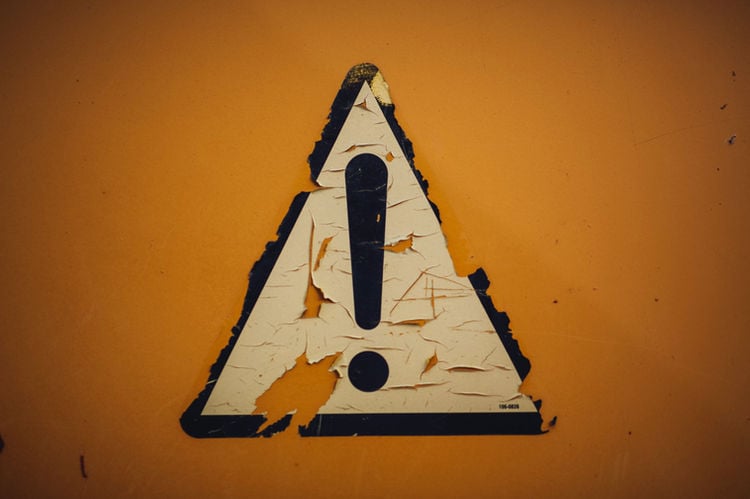
Cannabidiol is generally considered safe, but some users report undesired side effects, such as:
- Nausea
- Diarrhea
- Drowsiness
- Dry mouth
- Feeling lightheaded
In rare instances, CBD can cause liver damage, so proceed with extreme caution if you have liver disease, risk factors for liver disease, or are taking medication that can cause liver problems.
CBD and medication
If you take prescription medications, check with your doctor or pharmacist before trying CBD. It’s always good to consult with your doctor, but I'm also empathetic to fears about being labeled a “drug user” or being otherwise judged by physicians for taking CBD.
If you have a good relationship with — and trust — your doctor, I recommend full honesty.
Cannabis products aren't strictly regulated in the same way prescription drugs are. You should only purchase products from trusted, vetted, authorized retailers.
General medication interactions
Here are some common prescription drugs that can interact with CBD. This list isn't exhaustive. Ask a professional about drug interactions.
Some drugs known to interact with CBD:
- Warfarin: commonly prescribed blood thinner
- Amiodarone: heart rhythm medication
- Levothyroxine: thyroid medication
- Seizure medication: valproate, clobazam, lamotrigine
- Blood pressure drugs: large doses of cannabidiol may interact
- Metformin and heartburn drugs like Prilosec: increase risk of diarrhea
CBD and ADHD medication
Unfortunately, there isn't a ton of research on the interaction with ADHD medications. I did find at least one source that said CBD may worsen the decreased appetite that's common when taking stimulants.4 There also appears to be a small risk of decreased efficacy of ADHD medication when taking cannabidiol.
The grapefruit rule
One major caveat to keep in mind is the grapefruit rule: if your medication interacts with grapefruit, you shouldn’t take CBD with it.
Before making any decisions, check if your specific medications apply to the grapefruit rule.
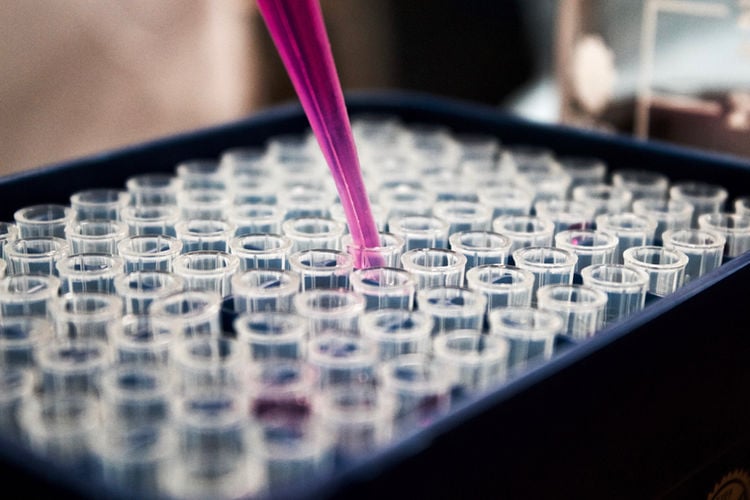
Stimulants and nonstimulants
Below is everything we could find on common ADHD meds (both stimulant and nonstimulant) and their potential for CBD interaction. This list isn't exhaustive!
- Adderall: Potential appetite loss and reduced efficacy
- Ritalin: Potential interactions at extremely high CBD doses (hundreds to thousands of milligrams); common therapeutic doses are well below this threshold
- Dexedrine: Potential appetite loss and reduced efficacy
- Concerta, Vyvanse: Cannabidiol may prevent proper processing of meds and decrease efficacy
- Wellbutrin: Potential interaction; extent unknown. CBD might increase Wellbutrin’s side effects and/or decrease effectiveness
For more information about ADHD medication, check out this article that breaks down the drug classes and brand varieties.
Is CBD legal?
Federally, all cannabis products are illegal and CBD isn't FDA-approved (Food and Drug Administration).
But 36 states have legalized medical marijuana, and many others legalized recreational use.5 If you’re in one of those states, CBD is indeed legal and available at dispensaries and other authorized retailers. CBD can be derived from either hemp or marijuana.
Hemp is legal in the USA
Hemp is legal in all states because federal law requires hemp products contain less than 0.3% THC. If marijuana (medical or recreational) is not legal where you live, then products made directly from marijuana are also illegal.
If you’re outside of the USA, I suggest looking up your local marijuana laws.
Should I treat my ADHD with CBD?
First, I want to remind you that I'm not a doctor - simply a woman with ADHD who did a bunch of research about CBD.
As suggested above, always check with your doctor before starting any new substance or medication. You could even send them the studies I linked above so you're both on the same page about current research.
Let’s say you’ve talked to your doc and they approve of you trying CBD. So — should you go for it? That depends on several things.
I take CBD daily for chronic pain; the pain relief helps me focus on work instead of my pain. So in that way, it benefits my ADHD. However, I can’t say CBD specifically helps ADHD-related behaviors. It doesn’t make my symptoms worse, but it’s not a go-to for treatment.
Of course, this is just one person’s experience and shouldn't influence your own health decisions! But as a daily user, I'd be remiss if I didn’t acknowledge that.
Here are some circumstance where I think it'd be safe to try CBD:
- It's legal where you live and easy to obtain
- You’ve had previous positive experiences with cannabis
- Your doctor approves
...and some instances where I think you should not try CBD:
- CBD isn't legal for recreational use in your state or country
- You have liver disease or are at risk for liver disease
- You’ve had previous adverse experiences with cannabis or CBD
- Your doctor advised against it for health reasons
Final thoughts
I hope this humble ADHD and CBD guide has given you some answers and helpful info. Whether you're already a CBD aficionado, are curious to try it, or know it’s not for you, I hope you find some relief — from CBD or from whatever works for you.


.png)
